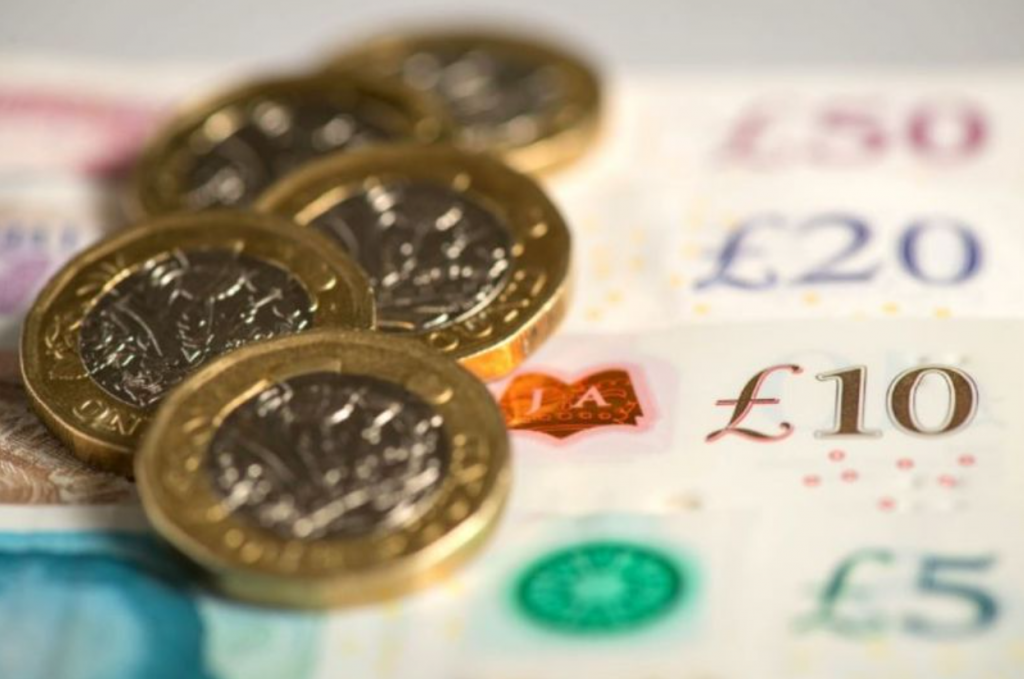
We all want to do our bit to be more energy efficient in our homes and save money, and although it can sometimes be difficult to know where to start, it’s good to know that every small change makes a difference.
Reducing individual energy consumption will not only contribute to reducing carbon emissions but will also lower utility bills which is really good news.
So, whether you start turning off the lights, or bulk cooking, brush-up energy-saving expertise or switch your buying radar from extravagant to efficiency, everything counts. Here are our top tips.
1. Move your settee
It might seem like an obvious question but is your sofa in front of the radiator? Having it right up against the radiator means you’re heating the back of the furniture rather than the whole room. Even if you only have room to move it a few inches, do so! That alone can make a huge difference.
2. Buy a sausage dog draught-excluder
You can stop cold air sneaking into the house under doors with one of those sausage dog draught-excluders your gran used to have. Excluders like that – or the above – won’t just keep your house warmer, they’re fashionably retro too. Alternatively, you could use self-adhesive rubber seals around the doors and windows to keep the heat in.
3. Keep an eye on the temperature
Then there’s the control system – by decreasing the temperature just one degree on your thermostat, substantial savings of around 10% can be made, while individual thermostatic radiator controls allow homeowners to control their heating even more.
4. Don’t waste water!
Take a shower instead of a bath to reduce both water and water heating costs. Turn off the tap while brushing your teeth and try to avoid running it for longer than you need to. Identify and address water waste and fix any dripping taps.
5. Get organised in the kitchen
When cooking, get everything out of the fridge in one go, preheat the oven and pan only for as long as is needed and don’t leave it heating for extended periods of time without food in it.
6. Bulk cook where possible
Bulk cooking saves energy and time. Once the oven is on, it uses just as much energy to cook multiple dishes at the one time as it does to cook just one. The same goes for boiling or steaming vegetables or cooking food in a pan. Bulk cooking is a good idea for a family life, just think of what you can do with that saved time. When it comes to the fridge and freezer, encourage your family to avoid opening and closing them and teach kids to decide on what they want rather than standing in front of it.
7. Make sure you’re wrapped up warm
We don’t mean wandering around your house or flat in a thermals or a parka! If you have a hot water tank, make sure it’s properly lagged or insulated. It will keep the water warmer for longer and could cut your energy bills.
8. Energy-saving light bulbs
Savings can be made in how energy is used – a simple example is to use energy-saving light bulbs which cost more than traditional bulbs but can save £60 over the bulb’s lifetime as they last up to 10 times longer than traditional bulbs.
9. Turn it off!
And always remember to turn off lights, computers, televisions and heaters when you leave the room. You could save £14 a year just by turning off the lights when you don’t need them on.
10. Open and close your curtains
Curtains aren’t just for keeping your nosy neighbours out! Open them up and let the sunshine in – then when the sun goes down, shut them again to keep that heat in. You’d be amazed how many people don’t do this one simple thing to keep their home cosy and warm.






















